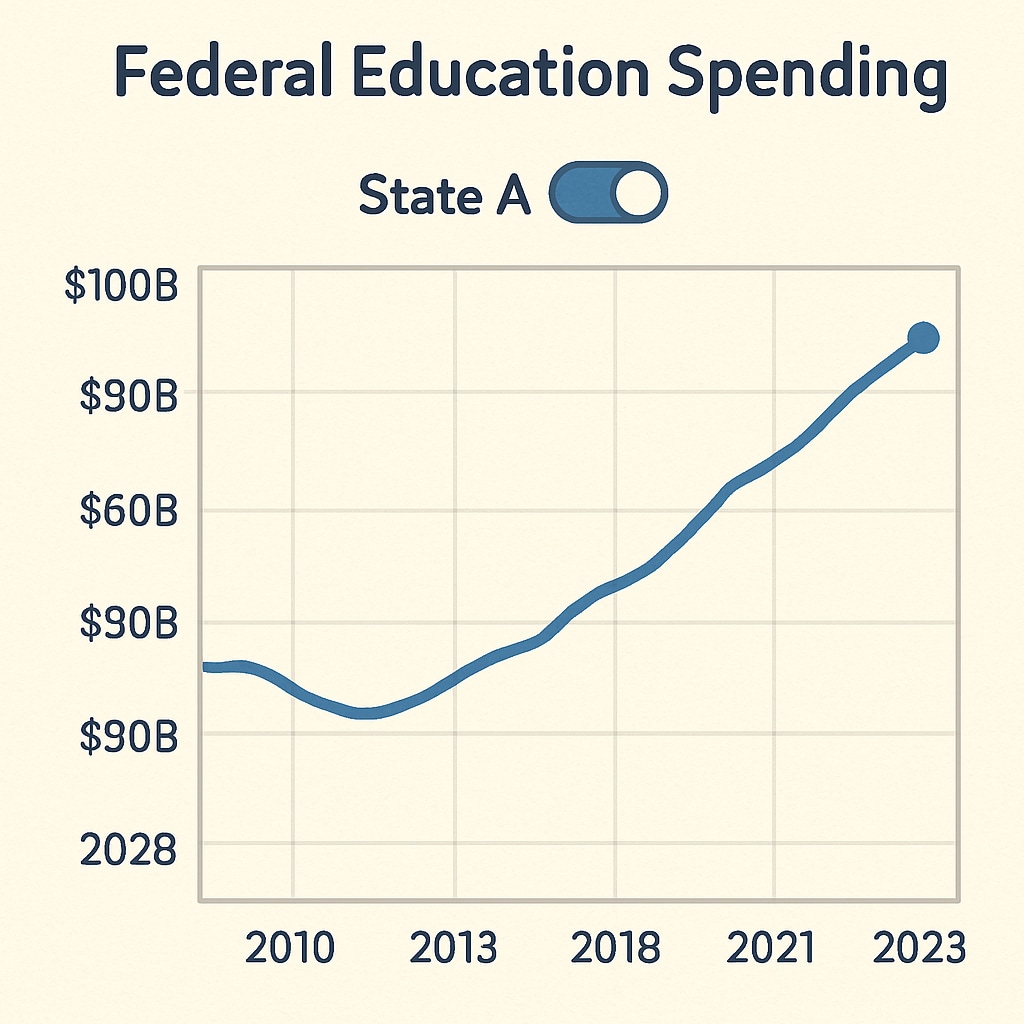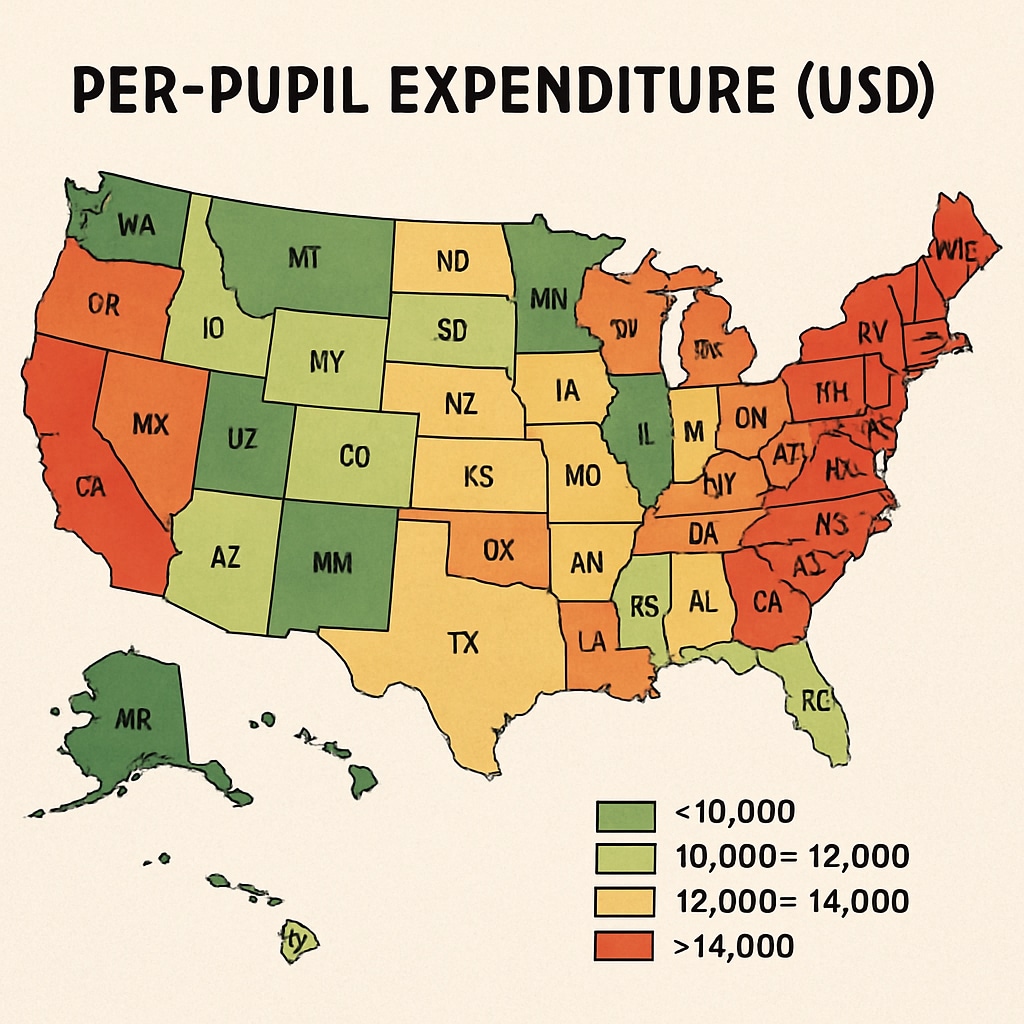Understanding education expenditure, data sources, and government spending patterns requires access to authoritative datasets. This guide systematically identifies the most reliable platforms for tracking educational funding across America’s federal, state, and local jurisdictions. Whether you’re analyzing per-student spending trends or comparing interstate allocations, these verified resources will streamline your research process.
Federal Education Spending Databases
The U.S. Department of Education provides primary datasets through multiple channels:
- NCES (National Center for Education Statistics): Offers the Common Core of Data with detailed financial reports from all public schools
- USAspending.gov: Tracks federal education grants and contracts with advanced filtering options
- EDFacts Initiative: Consolidates state-reported data on funding formulas and program expenditures

State-Level Financial Reporting Systems
Each state maintains unique education finance portals with granular expenditure breakdowns:
- California’s Financial Data Repository tracks per-district spending
- Texas Education Agency publishes annual financial reports with historical comparisons
- New York’s State Aid Database details foundation aid allocations
Alternative Data Aggregators
When official sources prove insufficient, consider these verified third-party platforms:
- Urban Institute’s Education Data Explorer: Standardizes cross-state comparisons
- EdBuild’s Funding Fairness Reports: Visualizes equity gaps in school financing
- Census Bureau’s Annual Survey of School System Finances: Provides comparable fiscal data across jurisdictions

Practical Data Interpretation Tips
To extract meaningful insights from education expenditure records:
- Always verify the fiscal year and reporting methodology
- Distinguish between operating budgets and capital expenditures
- Account for inflation when analyzing multi-year trends
- Cross-reference with enrollment statistics for per-student calculations
Pro Tip: The Census Bureau’s finance survey offers the most consistent interstate comparison framework, though with an 18-month reporting lag.
By leveraging these government spending data sources strategically, researchers can uncover actionable patterns in education funding allocation. Remember that most states update their financial portals biannually, so establish a regular data refresh schedule for ongoing projects.


